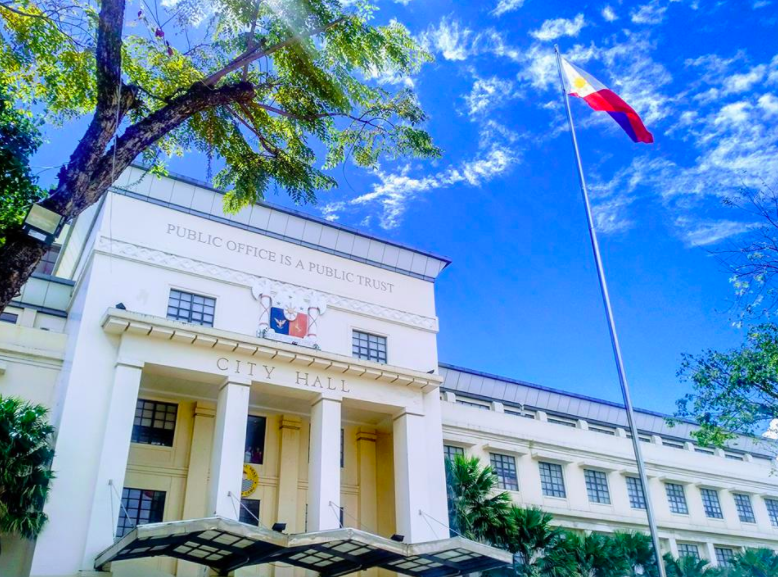
AUDITED The city government of Cebu has been flagged by the Commission on Audit for the purchase of 20,000 pieces
of facemasks in 2020 that were found to be overpriced by P1.3 million. —FILE PHOTO
CEBU CITY—The Commission on Audit (COA) has flagged two local governments in Cebu over the alleged questionable use of government funds when they responded to the COVID-19 pandemic last year.
In its 2020 report, state auditors ordered officials of Cebu City and Consolacion town to explain their violations in handling the pandemic response funds.
The COA said the 20,000 pieces of KN95 face masks bought by Cebu City for P4.38 million were found to be overpriced by P1.34 million.
According to the COA, the KN95 face masks should have a retail price of P152 per piece, as ordered by the Department of Health (DOH). But in April 2020, the city government bought 20,000 pieces of KN95 masks for P219 each, or an excess of P67 each.
The COA said there was no proof the city conducted market scanning in compliance with procurement laws before the purchase of face masks. The supplier, Markabi Distributors Philippines Inc., was also not registered with the Food and Drugs Administration, it added.
Reasonable price
In its reply to the COA, the Cebu City government insisted the price of the face masks was reasonable since it was purchased through credit.
“The price set by the DOH was on a cash basis. Furthermore, it was only Markabi that was willing to deliver these items sans payment. The DOH memorandum is also not applicable because the purchase took place prior to that memorandum,” the city said.
State auditors also questioned the financial aid totaling P13.8 million from the government’s social amelioration program (SAP) that was given to 632 ineligible beneficiaries.
The audit body said the city government should send demand letters to the 632 ineligible beneficiaries for the immediate refund of the illegally received cash aid.
“Officials who gave the SAP to ineligible beneficiaries may be facing administrative, civil or criminal liability, including the refund of the subsidy,” the auditors said.
But city officials told the COA they were baffled why they were the ones to send the demand letters for the return of the cash aid when their participation was merely to encode the data gathered and submitted.
“We have no hand in the identification of the beneficiaries as well as the verification as these are handled by the national government’s DSWD (Department of Social Welfare and Development),” the city said.
No documents
The COA also called the attention of Consolacion town officials over the lack of documentation in the P80.8-million COVID-19 relief assistance received by its beneficiaries.
The state auditors said the distribution of rice, goods, medical supplies and other items in response to the COVID-19 pandemic from April to September 2020 in the town could not be validated due to the absence of proof of receipt by the beneficiaries.
The COA also said several medical supplies and equipment were purchased through emergency procurement under the Bayanihan Act but at a higher price compared to the price freeze rates on essential emergency medicines and devices provided by the DOH.
In its response, Consolacion town said it submitted revised journal entries upon receipt and distribution of the relief and essential goods, recorded as “other supplies and materials and distribution.”
As to the alleged purchase of medical supplies and equipment at a higher price, Consolacion said it submitted to the COA price quotations from three suppliers indicating the brand name and specifications, showing that these purchases underwent market scanning and study.
The state auditors said the documents and reports submitted by Consolacion officials were still subject for review. —WITH REPORTS FROM ADOR VINCENT MAYOL